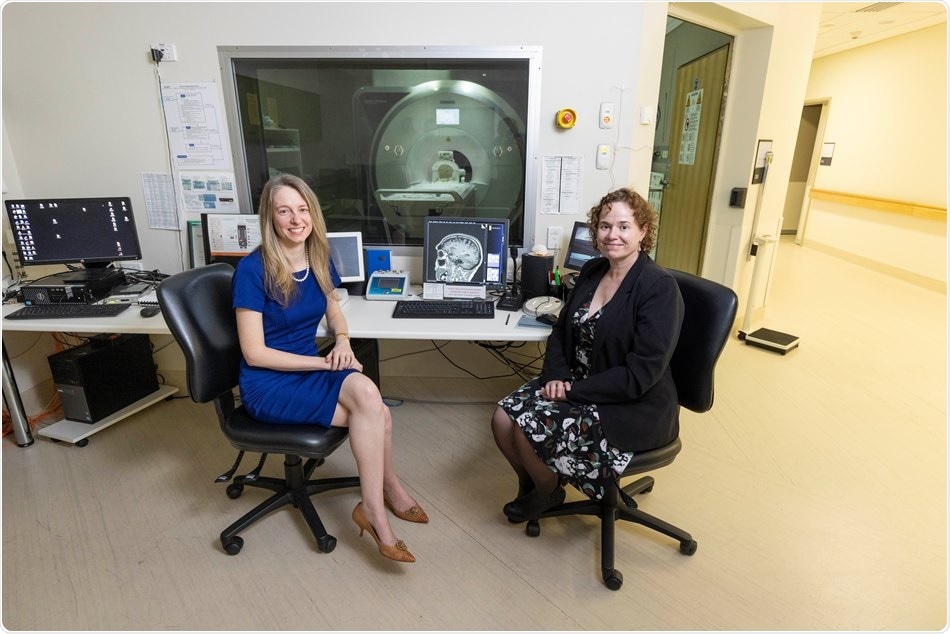New research aims to shed light on reducing the loss of speech and language in epilepsy patients who require brain surgery to manage the condition.

Dr Lisa Gillinder and Professor Katie McMahon. Image Credit: Mater
Epilepsy affects more than 250,000 Australians with one third requiring surgery to remove the brain tissue causing seizures.
Mater Hospital Centre for Neurosciences neurologist Dr Lisa Gillinder said the research would help reduce the risk of damage during surgery to areas of the brain that are responsible for speech, movement, vision and other functions.
Patients who experience epilepsy in the region of the brain that is responsible for speech and language may have difficulties regaining normal speaking function after surgery.”
Dr Lisa Gillinder, Neurologist, Mater Hospital Centre for Neurosciences
The research is a joint project by Mater Hospital Advanced Epilepsy Unit, Queensland University of Technology and University of Queensland and will study people who have epilepsy as well as those who do not have the condition to improve understanding about the speech areas of the brain.
Researchers are calling for volunteers aged 25 – 65 years who are right-handed and speak English as a first language to take part in the trial. Participants with and without epilepsy are required.
The research team is also hopeful the study could lead to improved treatment for people with other conditions that affect the brain including stroke, dementia and brain tumors.
Deputy Director of Herston Imaging Research Facility and QUT Professor Katie McMahon believes patients with epilepsy already had different function in the speech region of the brain, caused by the impact of ongoing seizures.
“The research will allow us to test this theory,” Professor McMahon said. “We are also hoping to identify how (magnetic resonance imaging) MRI scans can be best used to assess language function in people with epilepsy when planning for surgery.
“Overall, the goal is to improve treatment for people with epilepsy and gain clearer information about the risks and benefits of surgery.”
Participants will be asked to attend two MRI scans at the Royal Brisbane and Women’s Hospital approximately three months apart. Each session will take approximately 60 minutes.